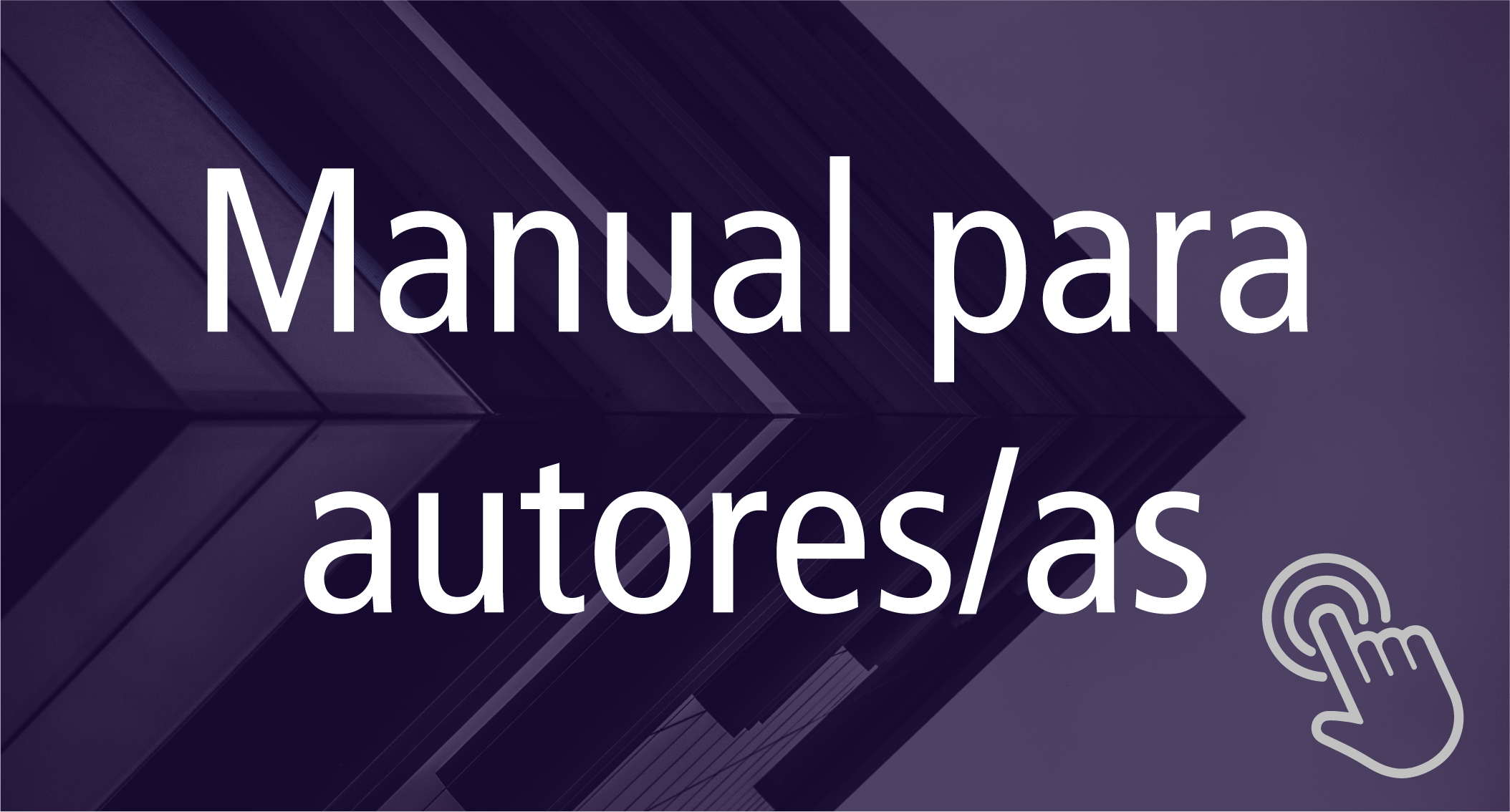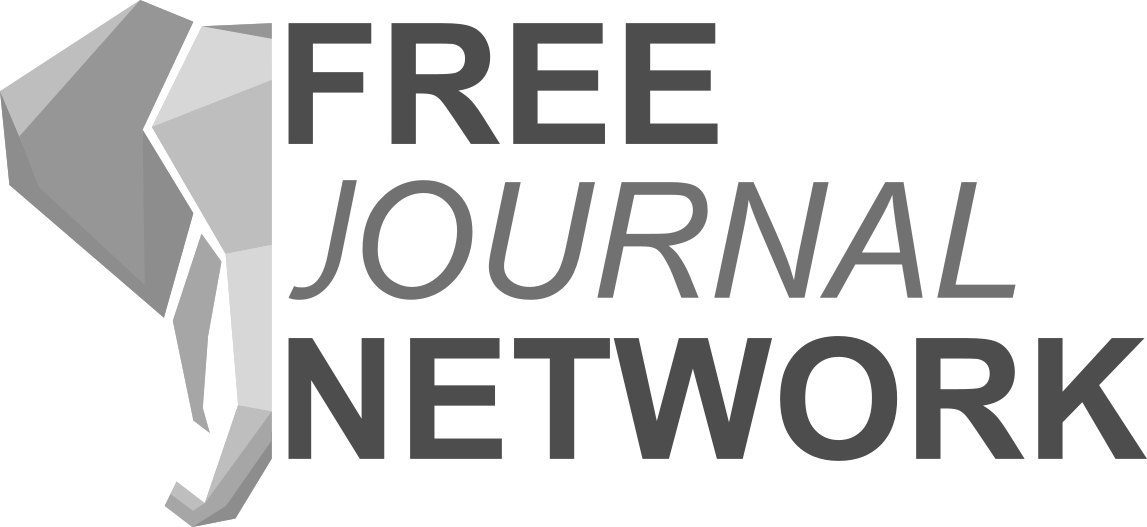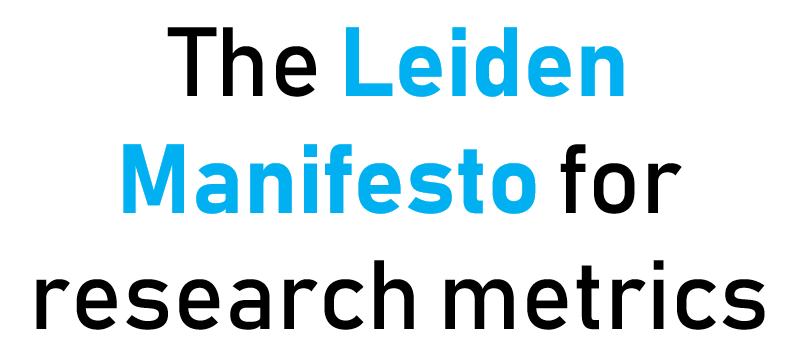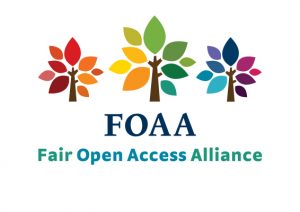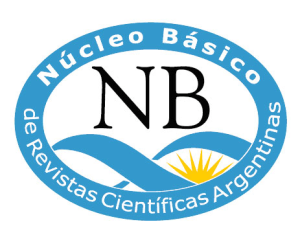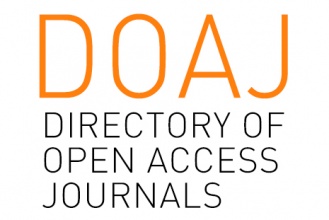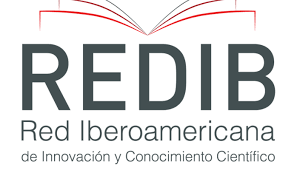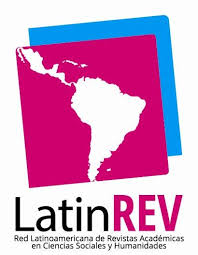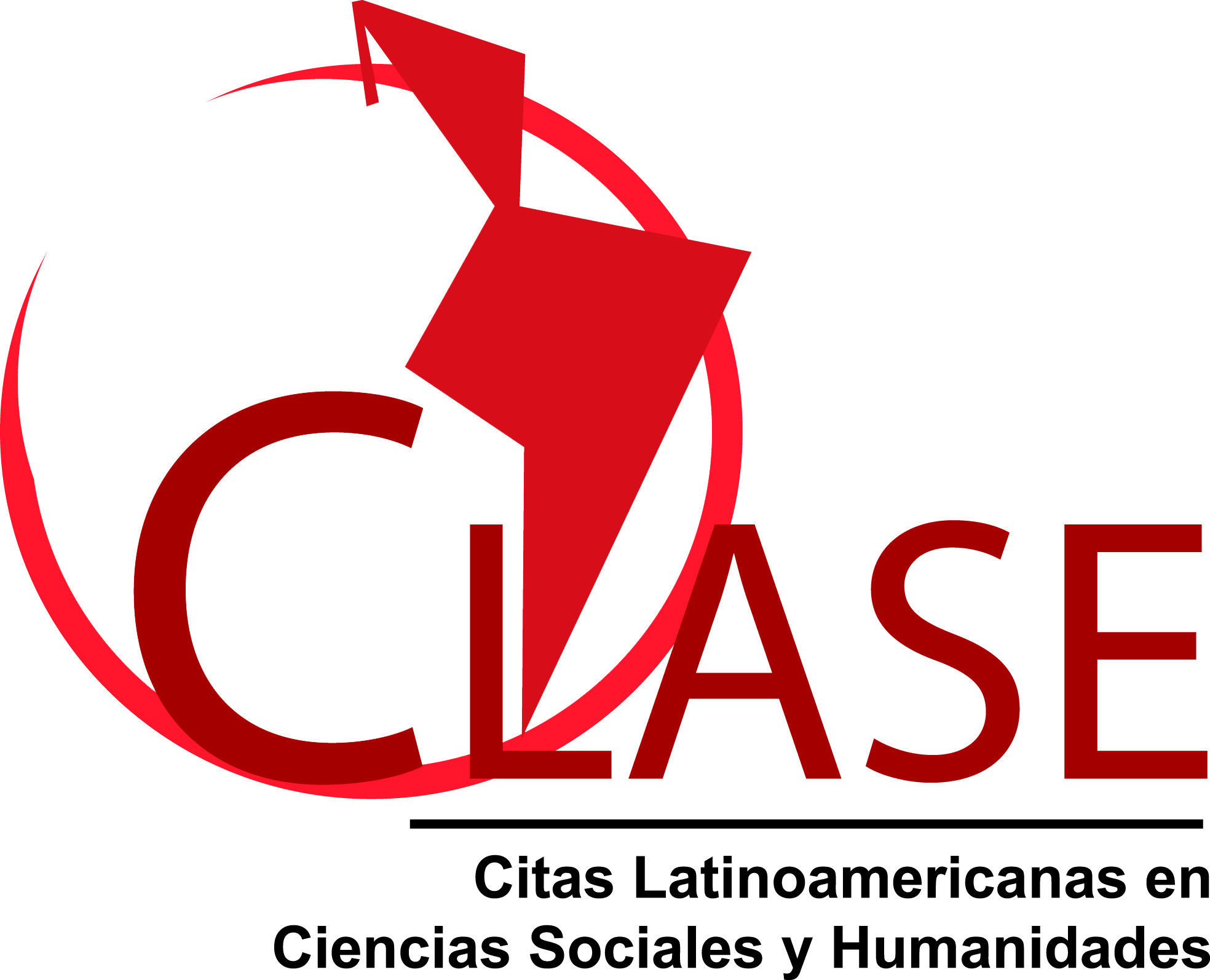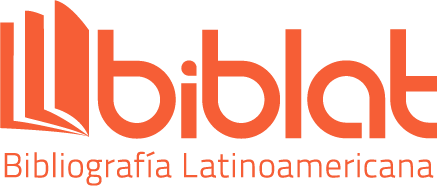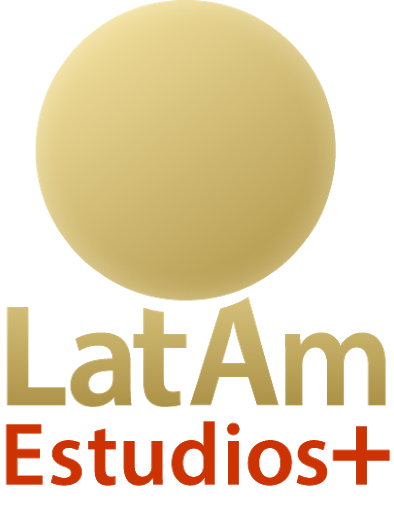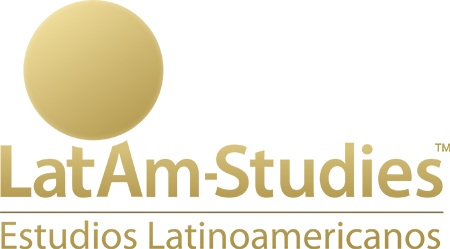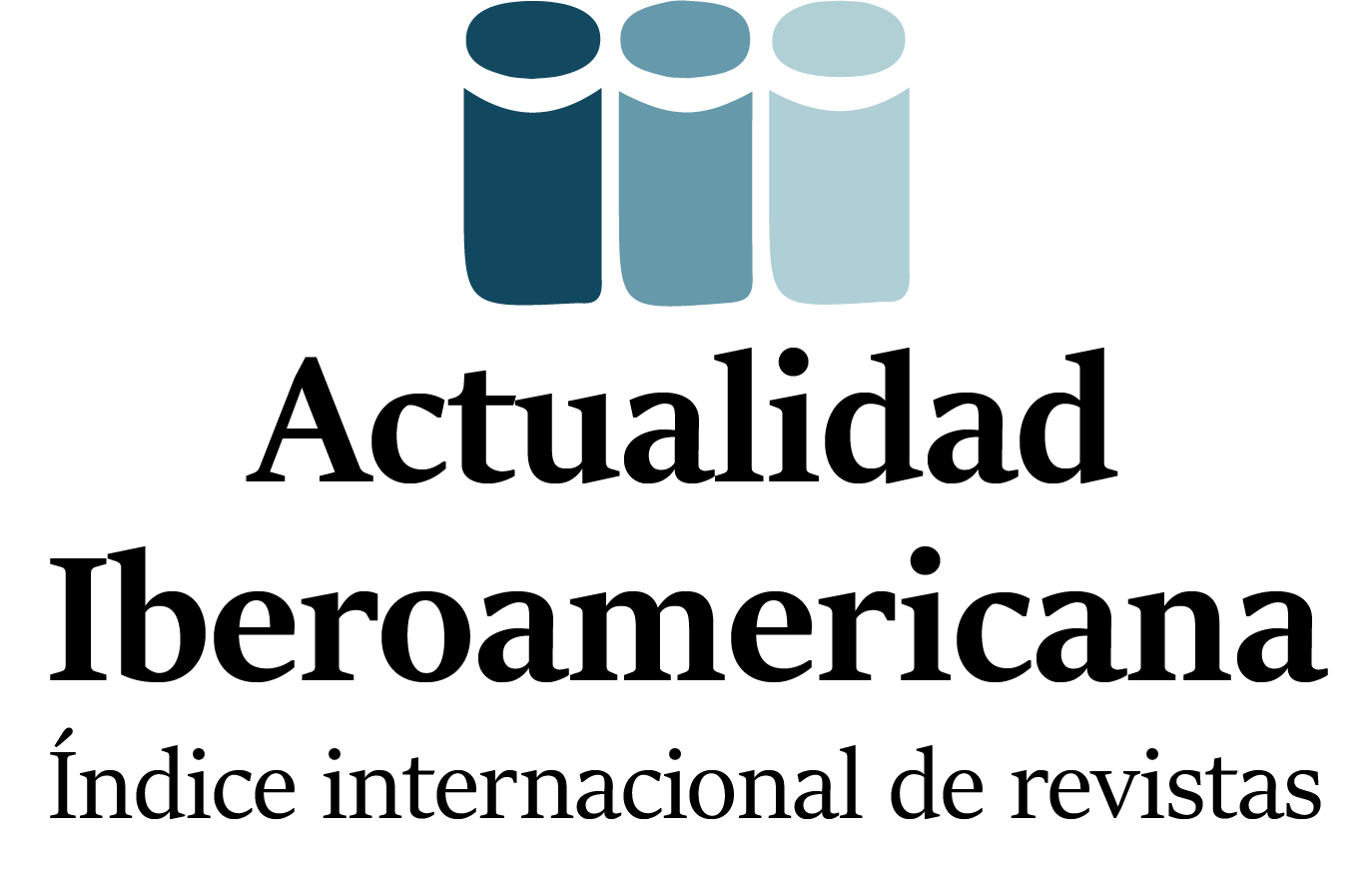Plagiarism and editorial ethics
Code of Ethics
The editorial team of Revista de Psicología is committed to practising and ensuring ethical behaviour throughout the editing process. The following are the highlights of the journal's ethical commitment, which are derived from the "Code of Conduct and Good Practice" published by the Committee on Publication Ethics (COPE).
The journal's editorial team:
- Is committed to protecting the intellectual property of the publication and copyright.
- Will guarantee an objective, fair and in-depth review of the texts based on peer review.
- Will address complaints or misunderstandings of an ethical nature or conflict of interest and follow the appropriate procedures to resolve them, according to the regulations established by the Universidad Nacional de La Plata.
- Will require the data supporting the investigations and their deposit according to Law Nº26.899, "Institutional Digital Repositories of Open Access".
Directors:
- Commit themselves to continuously improve the publication, to guarantee the quality of the material, to defend the freedom of expression, to prevent commercial interests from compromising moral standards and to publish errata, clarifications, retractions or apologies. They will promote the opinion of authors, readers, reviewers and board members on how to improve the processes of the journal.
- They will accept or reject an article on the basis of the importance, originality, clarity of the text and subject matter of the journal. These guidelines will be regularly updated.
- They will ensure that the identity of the reviewers and authors is protected
- They will provide the members of the editorial board with guidelines on what is expected of them.
Editors:
- Will carry out their editorial duties in an objective, fair and balanced manner.
- They shall take the necessary measures to prevent fraudulent publications.
- They will maintain the anonymity of authors and reviewers during the evaluation of texts to preserve the intellectual integrity of the entire process.
Reviewers:
- Commit to honest, critical and objective review.
- They will evaluate the work in the shortest possible time in order to respect the deadlines.
- They will deliver a report detailing the observations on the points of the article to be evaluated that the journal's management has requested.
- Under no circumstances will they keep the work or copy it.
Authors:
- They undertake not to send the article to another journal and will guarantee that the work is original and unpublished.
- They will be responsible for the opinions, statements or conclusions formulated in their texts.
- They undertake to use images whose rights have been assigned or whose authors have given permission for them to be published. They will mention the author of the image (be it a person, a group, an institution or a medium). If archival materials (letters, images, etc.) are used, the author will undertake to mention the original data of the piece or work and the place where it is archived or exhibited.
Anti-plagiarism policy
Journal of Psychology UNLP maintains an anti-plagiarism policy aimed at ensuring that all published works are original and unpublished. To this end, and due to the limitations of automatic plagiarism detection programs with the Spanish language, the journal implements the following procedure for each manuscript received:
- When submitting the article, the authors are asked to declare that the article has not been previously published or sent to other journals for evaluation and that they have followed the Guidelines for Authors, which establish that the articles submitted must be original.
- When receiving the article, the editor uses Internet search tools in order to track and compare data, results and writing aspects in other works of the same or different authors, which allow to corroborate the originality and avoid plagiarism practices.
- When sending the article for evaluation, the reviewers are asked, according to their knowledge of the sources and the literature on the subject, to alert the journal to possible indicators of plagiarism with works previously published in other sources.
In case a plagiarism practice is proven, Journal of Psychology follows the guidelines provided by COPE. The journal considers the following practices as plagiarism:
Direct plagiarism:
- Minimal changes are made and a foreign text is presented as if it were your own
- The authorship of fragments (sentences or paragraphs) corresponding to other people's texts is omitted (whether they are reproduced textually and not put in quotes or presented in paraphrase).
Plagiarism in direct quotations:
- Quotes are not used to indicate fragments (sentences or paragraphs) that are reproduced textually.
- Only part of the fragment (sentences or paragraphs) that is reproduced textually is indicated by inverted commas (it is omitted that the sentences before and/or after the passage in inverted commas also correspond to the quoted text).
Plagiarism in paraphrases:
- The changes made do not substantially change the wording of the original fragment (sentences or paragraphs) and therefore do not constitute paraphrases.
- The paraphrasing is extensive and the paraphrased passages are not clearly differentiated from the actual passages.
- Paraphrasing is continuous and no materials, own ideas or critical reflections are added to allow interaction or to enrich the information available in other works already published.
It is not considered plagiarism when:
- The passages that are reproduced do not dominate over the original contributions of the writer.
- The incorporation of other people's passages is used to allow the author to interact critically with another person's point of view.
- The argument of the original text retains its meaning but is reworked with words or with different characteristics.
Self-plagiarism or recycling fraud:
- Minimal changes are made to a text of your own and it is presented as if it were a different work.
- The indication that it is a previously published work that is presented recycled with corrections or new additions is omitted.
It is not considered self-plagiarism when:
- The previous work is the basis for a new contribution, and key parts must be repeated to explain and defend the new arguments.
- The author considers that what has been developed in previous works cannot be presented in a better way for the new publication.
- The repeated passages do not exceed 30% of the original work.

